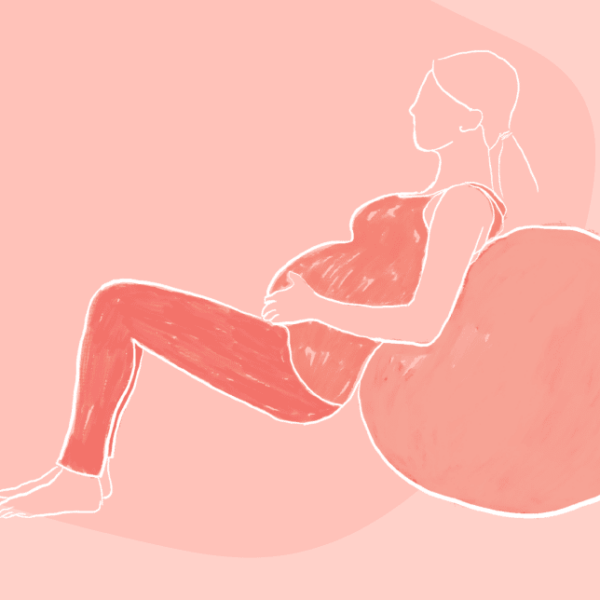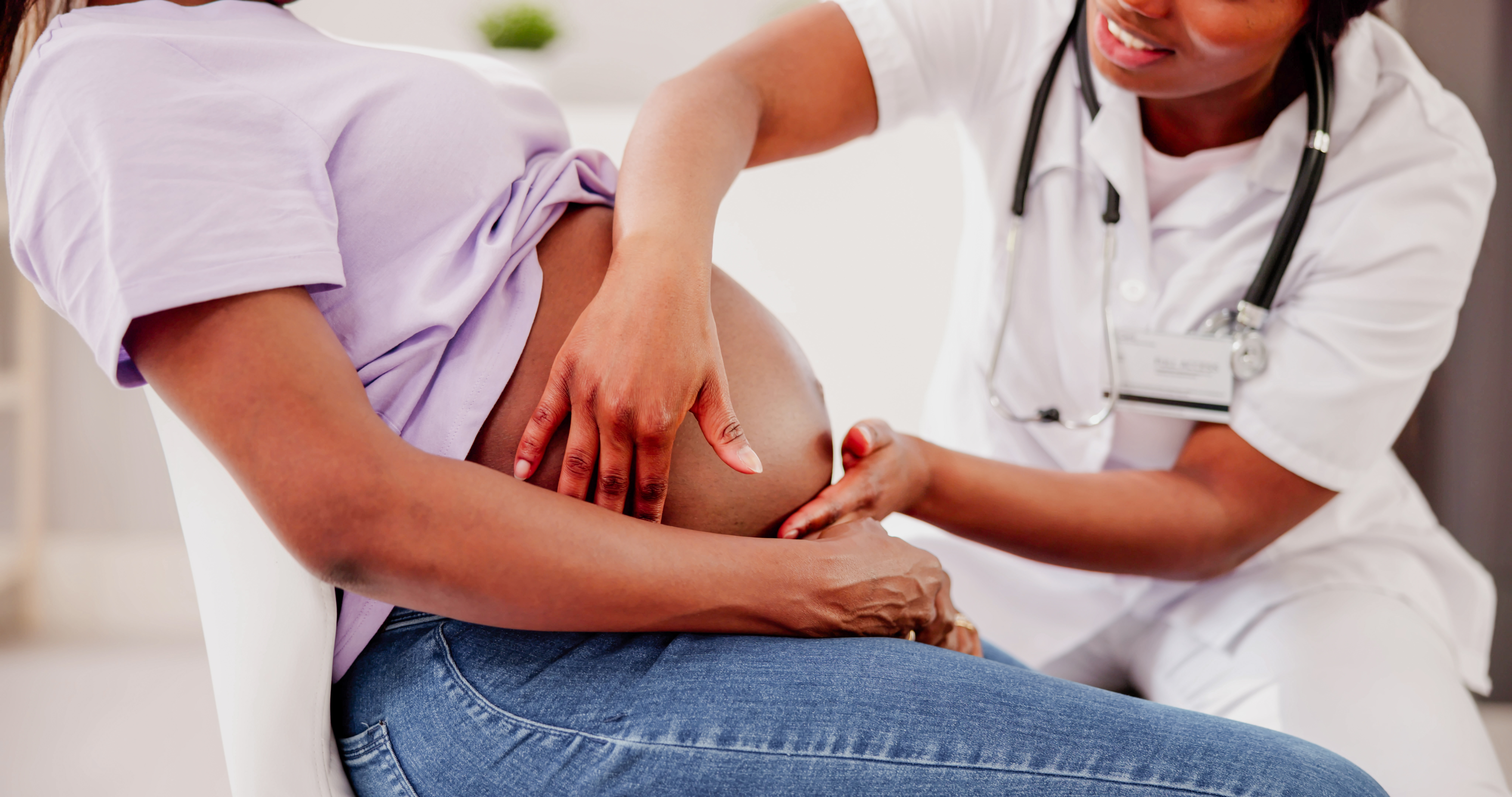Pregnancy Hydration In Pregnancy
Hydration In Pregnancy
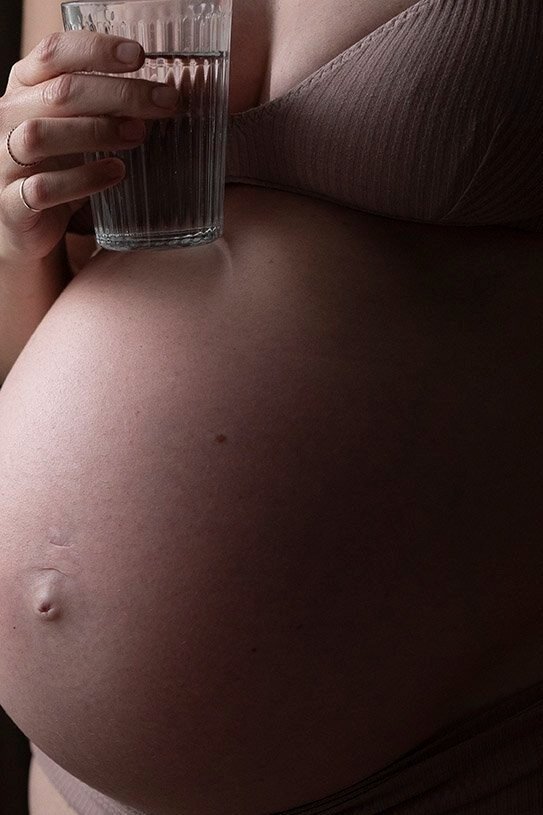
In pregnancy, hydration is essential for your general health and wellbeing and no doubt your care provider will mention it whenever they see you.
Ideally, you should be aiming for 2-3litres a day, from your first trimester right through to postpartum and for as long as you’re breastfeeding.
Of course, that’s often easier said than done. Not everyone enjoys drinking water and in pregnancy there are a few more hurdles to cross before you can reach adequate hydration (vomiting, nausea, heightened gag reflex and sensitive tastebuds, to name a few).
In your first trimester, your thirst may also be hard to quench and for good reason; your body needs more water because it’s working incredibly hard to maintain healthy amniotic levels (the fluid surrounding your baby in the womb), reduce swelling, grow your placenta and increase its blood volume by 40% – there is so much change and growth! Throughout your pregnancy, hydration is essential to aid digestion (and prevent constipation and its associated discomforts), move nutrients around your body and process waste (your baby’s and yours).
If you’re finding it hard to drink water, don’t fret! Embrace these tips to establish healthy water habits:
– sip, don’t gulp. This is especially relevant in the first trimester when you’re more sensitive and likely to vomit. Small sips throughout the day will keep you hydrated which can help to quell your nausea
– invest in a drink bottle so you can keep track of how much you’re drinking. It will be a pregnancy must-have that you’ll use during labour and postpartum, too.
– make it enjoyable! Add a few slices of lemon, cucumber, ginger or some mint leaves to add a little flavour
– cool it down. Cold water is easier to drink in summer and especially if you’re uncomfortably hot (your basal temperature increases as soon as you conceive). If you notice you’re craving ice and you’re crunching it with glee, be aware that this can be a sign of low iron so make sure you mention it to your care provider next time you see them.
– keep it warm. In winter, a herbal tea infusion (sans caffeine) can be a comforting way to increase your water intake while warming you from the inside. Warm drinks can also aid your digestion (this is particularly relevant to postpartum, too).
It’s a good idea to keep an eye on your urine; when you’re hydrated it should be a light, clear colour. The major concern with dehydration during pregnancy is its connection to premature labour; when you’re dehydrated, your blood volume decreases and subsequently, the hormone oxytocin increases, which can trigger contractions. During postpartum, dehydration can significantly affect your milk supply (you’ll want to aim for 3L if you are breastfeeding and a full water bottle that can be held with one hand is a must-have for every feed – you’ll be thirsty as soon as your baby latches!).
Categories
Related Products
-
The Birth Class
108 reviews$249.00The empowering online childbirth education program that will help you confidently prepare for birth.
Get your copy of our Perineal Massage Guide in your inbox
Keep Reading
We think you might enjoy these articles

The Emergency C-Section Checklist You’ll Be Thankful You Had
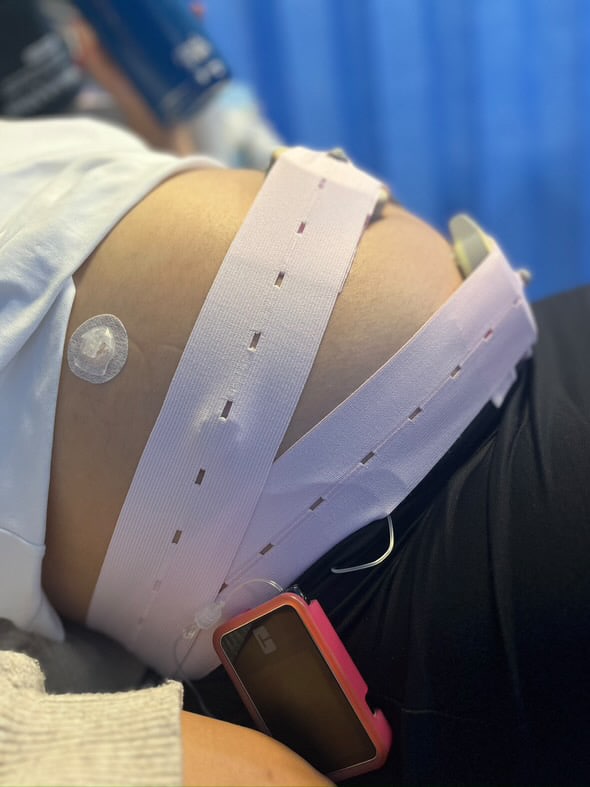
Pre-existing Diabetes and Pregnancy: What You Need to Know

Harnessing the Power of Acupressure: A Natural Approach to Preparing for Birth
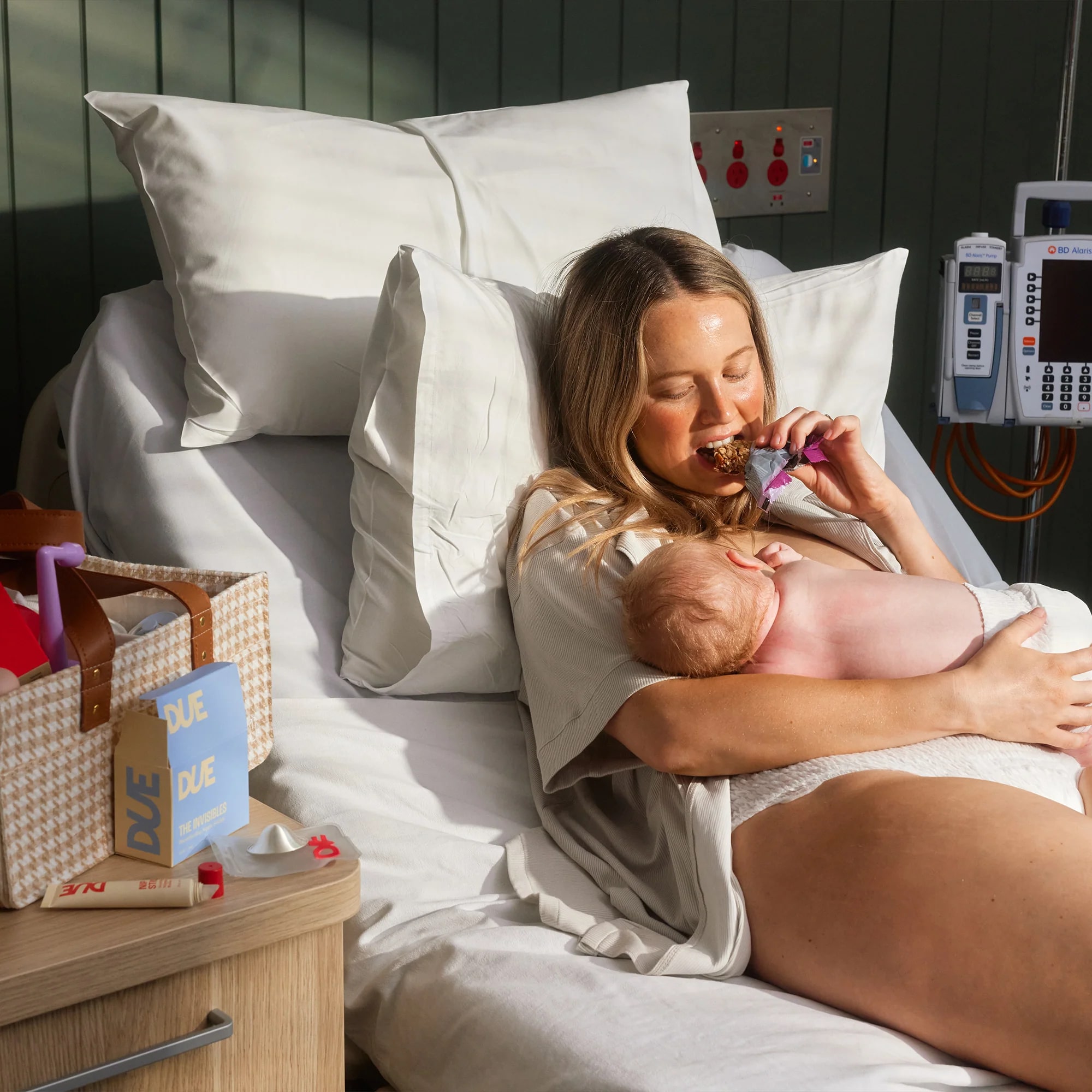
Thoughtful Christmas Gifts for your Pregnant Friend.
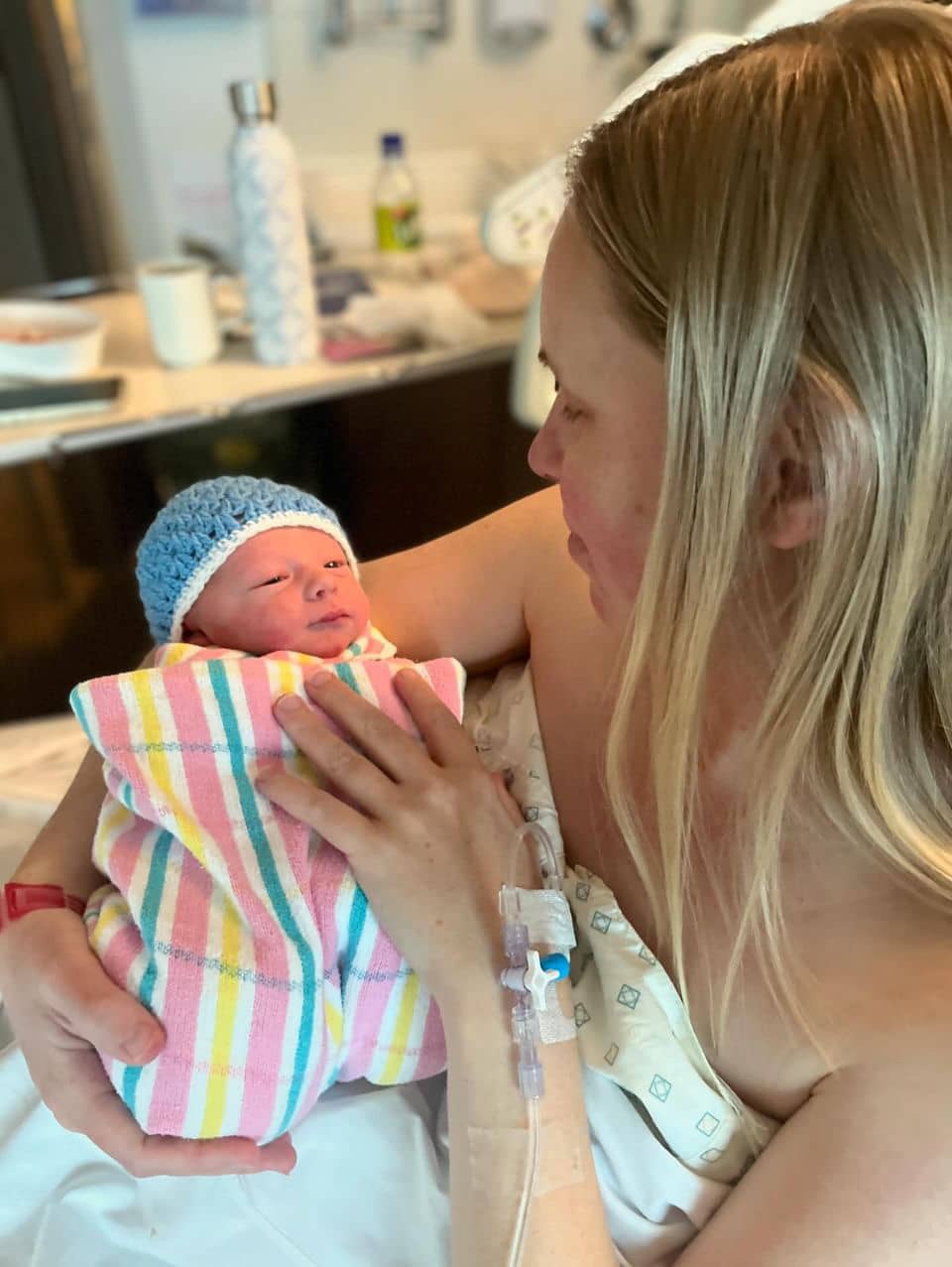
What is Pre-eclampsia?

Non-invasive Prenatal Testing (NIPT)
@AustralianBirthStories
Follow along with us
@AustralianBirthStories
Follow along with us
@AustralianBirthStories
Follow along with us
@AustralianBirthStories
Follow along with us
@AustralianBirthStories
Follow along with us
@AustralianBirthStories
Follow along with us
@AustralianBirthStories
Follow along with us
@AustralianBirthStories
Follow along with us
@AustralianBirthStories
Follow along with us
@AustralianBirthStories
Follow along with us
@AustralianBirthStories
Follow along with us
@AustralianBirthStories
Follow along with us
